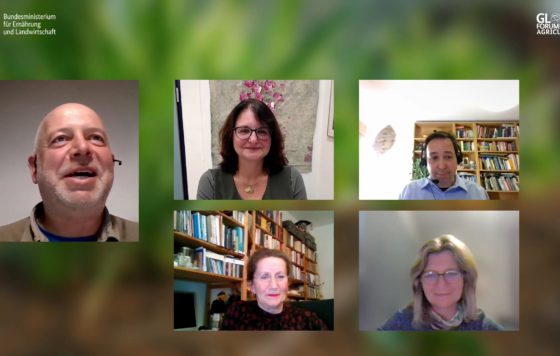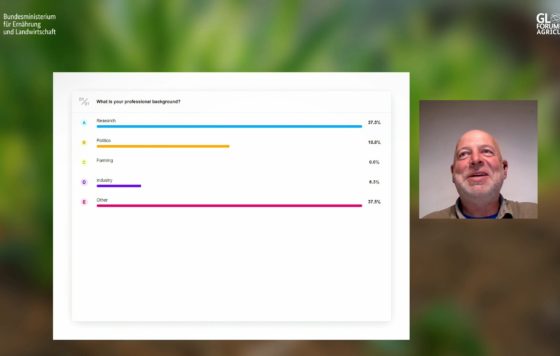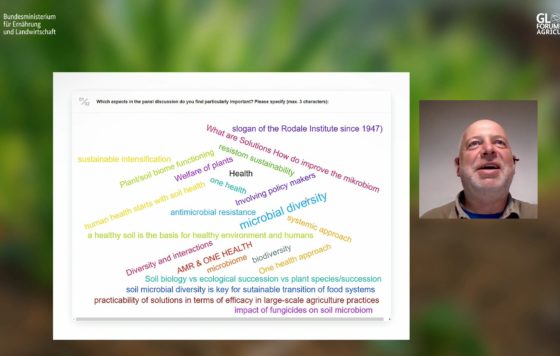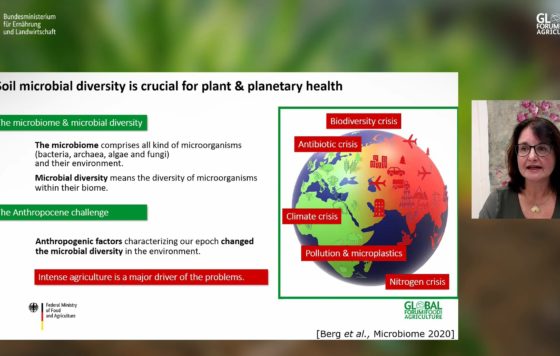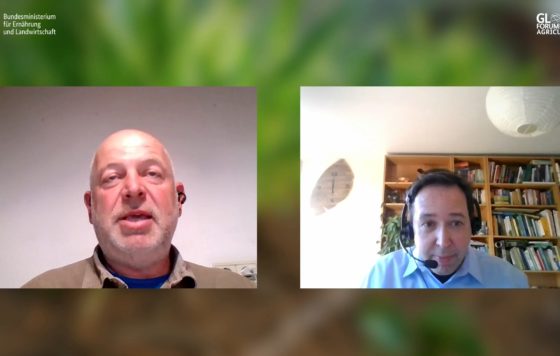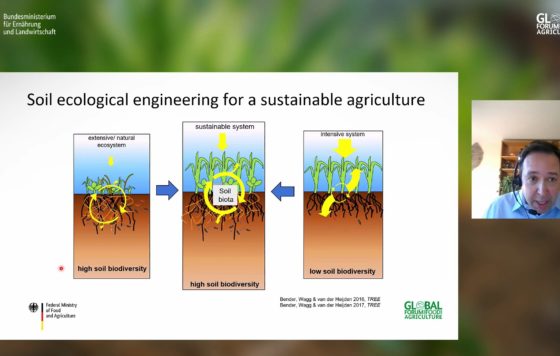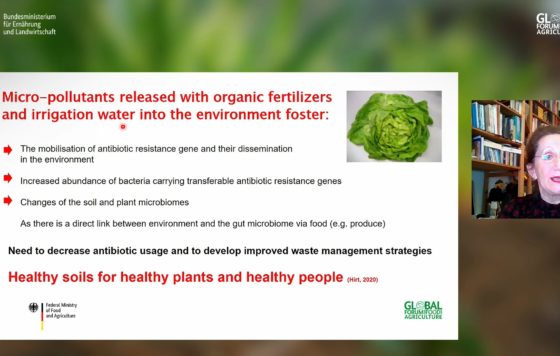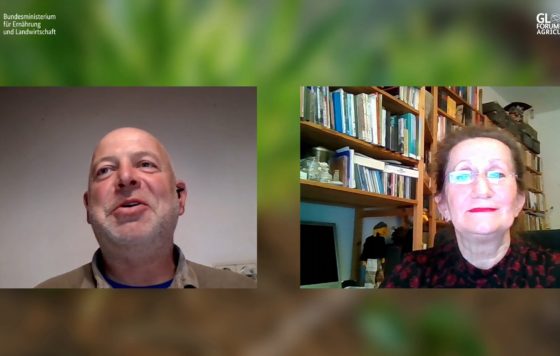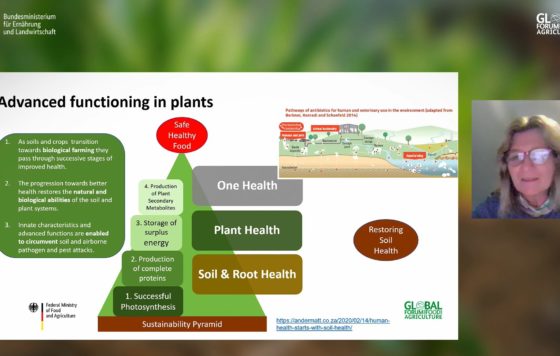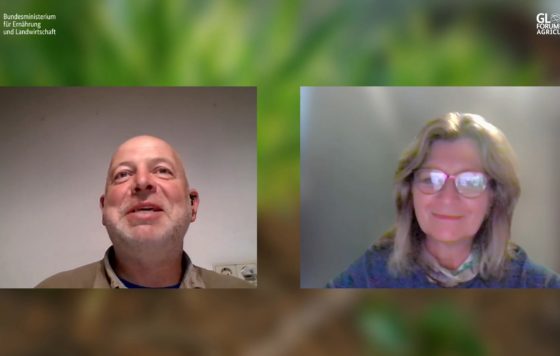Soil microbial diversity is crucial for plant and planetary health
Leibniz Institute for Agricultural Engineering and Bioeconomy (Leibniz ATB)
Time: Thursday, 27. January 2022, 5:00 p.m. – 6:00 p.m. (CET), subsequent deep dive 6:00 p.m. – 6:30 p.m.
Languages: English, German
Summary:
Plants are the key component of a healthy diet providing food for a fast-growing world population. The plant microbiome and soil microbiome are interlinked, and both crucial for health and functioning of the holobiont. Beyond, they are important for planetary ecosystem functions and health issues.
Many current plant production practices result in pollution and contribute to loss of biodiversity, natural resources, and climate change. In the past, human activities influenced the interconnected microbiomes significantly. These shifts resulted in high pre- and post-harvest yield losses, drug-resistant plant and human pathogens, and a spread of antimicrobial resistance (AMR). This typically depleted microbiome signature of the Anthropocene is often followed by a dysbiosis, which leads to outbreaks of viruses, pests and pathogens.
The panelists have discussed the current knowledge about anthropogenic influences on the plant and interconnected microbiome. The aim was to inspire the development of solutions to restore and save plant- and soil-associated microbial diversity for the ecosystem and the closely connected human health.



